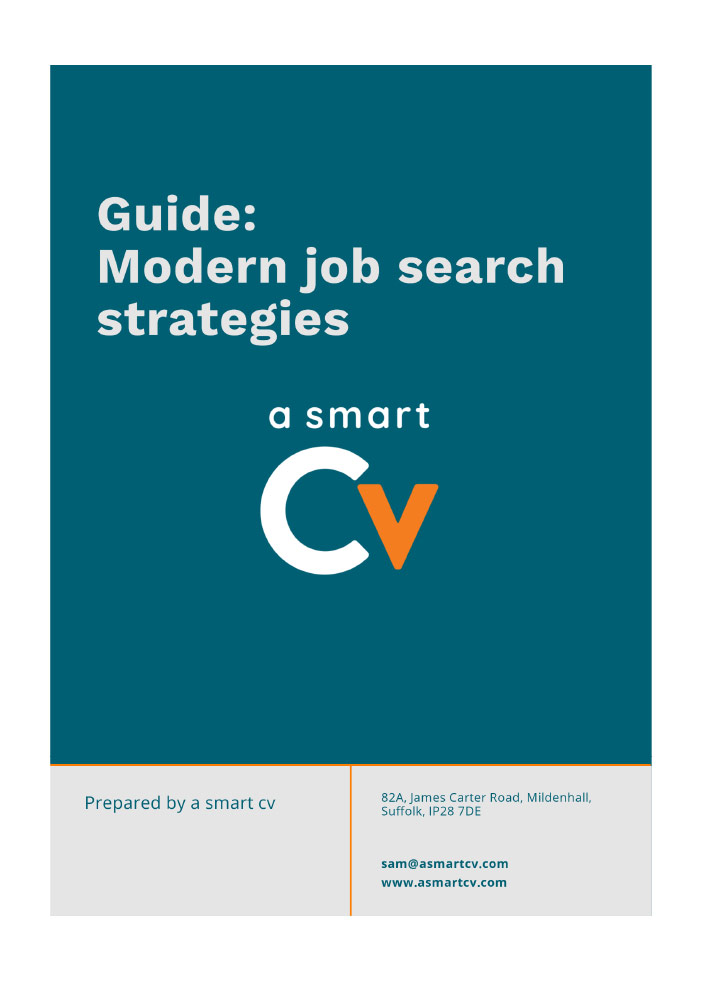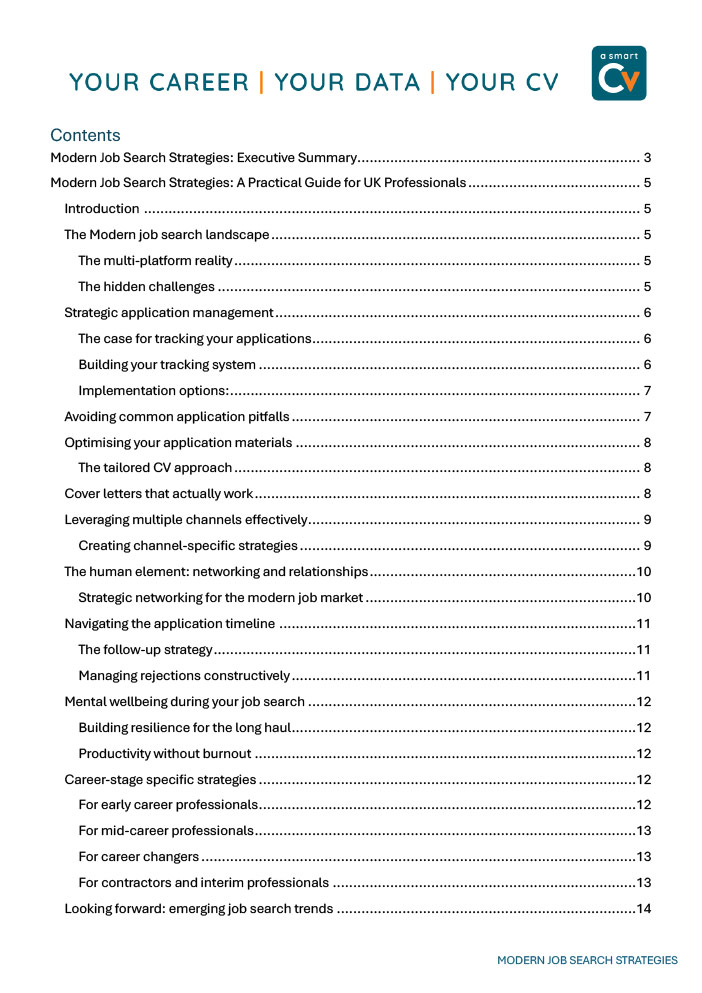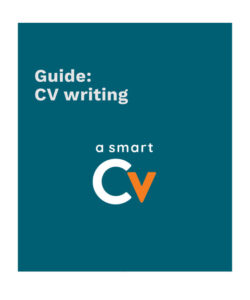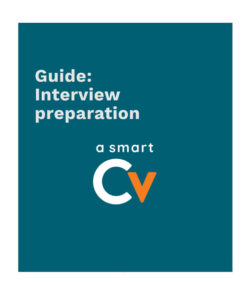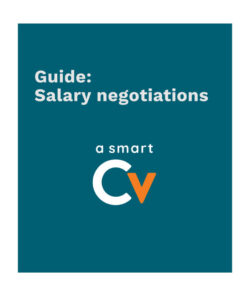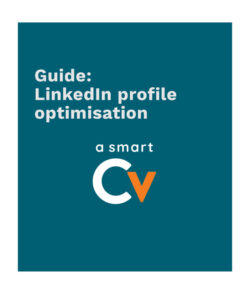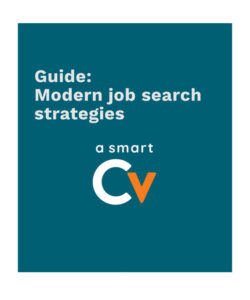Key Optimisation Areas
The average professional now juggles applications across 3-5 job boards, LinkedIn, company career pages, recruitment agencies, and industry-specific portals, each with unique formats and expectations. This multi-platform reality creates several hidden challenges, including “application black holes” where submissions disappear without feedback, algorithmic screening that filters CVs before human review, and “expectation inflation” in job descriptions that discourages qualified candidates.
Systematic application tracking emerges as a crucial but often overlooked strategy. By documenting where, when and how you’ve applied, you prevent embarrassing duplications, enable timely follow-ups, identify which approaches yield better results, and significantly reduce mental load. This can be implemented through simple spreadsheets, dedicated job search apps like a smart CV, or adapted project management tools.
The tailored CV approach represents another paradigm shift from outdated practices. With recruiters spending just 7 seconds on initial CV reviews, customisation is essential. Maintaining a comprehensive “master CV” as source material allows for strategic adjustments to each application, mirroring language from job descriptions and prioritising relevant achievements. One project manager reported tripling their interview rate after adopting this approach.
Job Search Strategies
Effective job searches also require channel-specific strategies: quick responses to job board postings, thoughtful engagement on LinkedIn, specialised agency relationships, and thorough research for direct applications. This should be complemented by strategic networking focused on value-exchange rather than extraction, whether through digital relationship building, micro-communities, or informational interviews.
The application timeline demands careful management too, from verification and deeper research immediately post-submission to balanced follow-up communications and constructive handling of rejections. Throughout this process, maintaining well-being through clear boundaries, defined routines, and celebrating incremental progress prevents burnout.
Different career stages require tailored approaches. Early professionals should frame educational experiences strategically and develop demonstrable portfolios. Mid-career applicants need to quantify achievements and leverage established networks. Career changers must translate existing skills to new contexts and develop compelling transition narratives. Contractors require systematic pipeline management and continuous achievement documentation.
The modern job search is both art and science, combining organisational systems, personalised content, diverse channels, authentic relationships, and psychological resilience. By approaching it strategically rather than haphazardly, you can transform an overwhelming process into a manageable and ultimately successful career advancement strategy.
